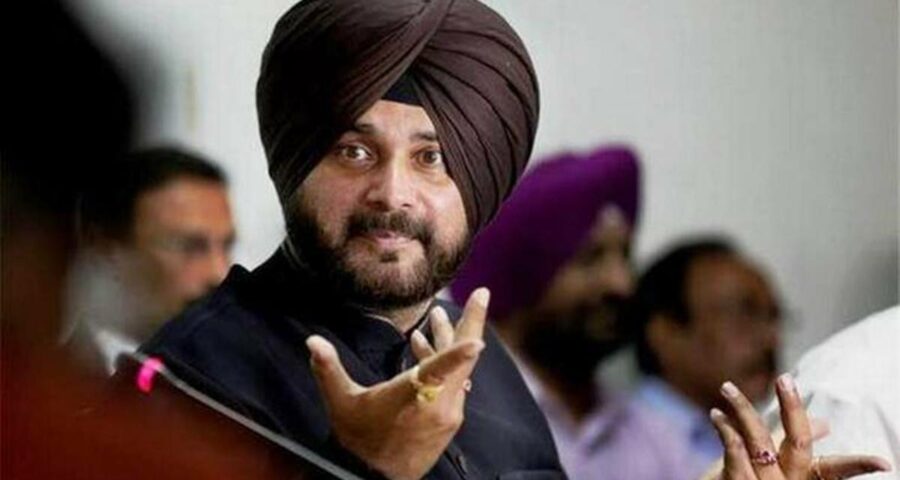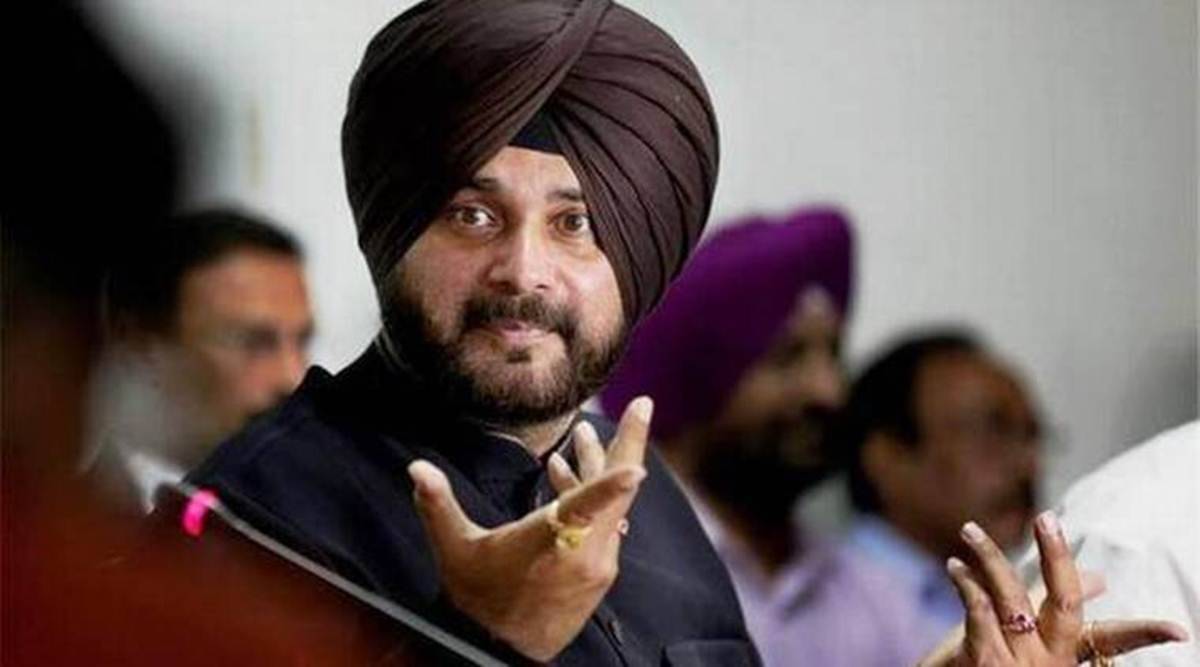The lingering fallout of the desecration incident at Bargari is the biggest stumbling block on the party's road to the next election less than a year ahead.
* Near Bargari in Faridkot, Ground Zero of the sacrilege incident of 2015, there is simmering anger. “I am among the 30 witnesses to the firing, now all of us have decided not to depose again before the new SIT,” says Hardev Singh, who runs a stud farm at Behbal Kalan village.
* Outside Takht Damdama Sahib at Talwandi Sabo in Bathinda, shopkeeper Kulwinder Singh is fuming. “We have lost hope of getting justice in the case. It’s like their other promises. Where are the jobs? Where is a drug-free Punjab?’’ he says.
FOUR YEARS ago, it paved the way for the return of Congress to power in Punjab. Today, the lingering fallout of the desecration incident at Bargari is the biggest stumbling block on the party’s road to the next election less than a year ahead.
“After that incident, there was so much rage and grief. For the first time since Independence, our family, which had always supported the Akalis, voted against them in 2017. We had high hopes from the Congress and its promises of swift justice. But now, infighting in the Congress on this very issue has shaken our faith,” says Hardev Singh from Behbal Kalan.
In April, the Punjab and Haryana High Court quashed the Special Investigation Team set up to probe the desecration case. Within days, Chief Minister Captain Amarinder Singh set up a new SIT. But that did little to assuage the anger on the streets. Soon enough, the cracks within Amarinder’s team split wide open.
And now, with Congress dissidents led by former minister Navjot Singh Sidhu taking potshots at their own government for “the delay in punishing the guilty”, the issue has come to symbolise the party’s failure to keep its poll promises.
The Indian Express travelled across Punjab to get a sense of the anger on the ground that has fuelled the bout of dissent within the Congress — one that threatens to derail its chances in the 2022 Assembly elections. It found that while party leaders hope the issue will simmer down soon, the mood on the ground is that of deep-rooted dismay and anger.
“There are videos, there is enough evidence, we have even identified the policemen who opened fire… they have all the proof. But this has now become a political tool to be raked up during elections,” says Mahinder Singh of Meeyanwali village, whose son Bhagwan Das was killed in the Behbal Kalan firing. Incidentally, it was from the Bargari gurudwara that Sidhu fired his first salvo against his party’s government on April 14.
But then, the desecration case is just one of the several on the “list of unfulfilled promises”.
Two hours away, at Valtoha village in Tarn Taran district, a mother mourns the loss of her 31-year-old son to a suspected drug overdose. On June 14, Jasbir Kaur’s elder son Gursewak was found lying on the road next to his motorcycle.
The Chief Minister has acknowledged the menace, and described it as “complicated” due to the border state’s geographical vulnerability that makes it a target for drug traffickers. But inside her rundown house in the middle of paddy fields, this reasoning offers little solace to Jasbir Kaur. “What will happen to my young daughter-in-law and three-year-old grandson? We have no land, my daughter-in-law has only studied till Class V. What will we do?” she asks.
“The Chief Minister had promised to weed out drugs from the state within four weeks of coming to power. But there is still no dip in demand or supply,” says Charanjit Singh, sarpanch of Saloh village in the NRI hub of Nawanshahr town in Doaba.
Across the Doaba, Majha and Malwa regions, several residents shared stories and videos of addicts on the streets. Last week, the High Court, while rejecting the bail application of a drug smuggler from Patti in Tarn Taran, observed how drug trafficking is rising at an alarming rate in the state.
Over the last two years, Punjab has set up almost 300 Outpatient Opioid Assisted Treatment (OOAT) clinics where the government distributes buprenorphine tablets for treatment of severe addiction.
According to Dr J S Dhillon, medical officer at the Opioid Substitution Therapy centre in the Bathinda government hospital, the tablets are “sold in the market for over Rs 200 a strip, and free of cost at state government clinics…there was a 10-fold rise in the number of patients during the Covid lockdown”.
At Bhagpur in Tarn Taran, the OOAT clinic has around a thousand registered patients. “About 450 of them are regulars. Most of them are daily-wagers,” says Sukhpreet Kaur, the counsellor.
Another key complaint against the government, which has been given a voice by Sidhu and other dissidents, is the string of power outages and high tariffs. In the urban district of Mohali, neighbouring Chandigarh, residents protested last month against prolonged, unscheduled power cuts, prompting the government to announce a slew of measures such as a ban on ACs in government offices and compulsory offs for industrial units.
“Punjab has one of the highest power tariffs in the country. Many farmers are now selling their tractors to cope with rising debt. We were told there wouldn’t be any problems once Capt came to power,’’ says Gurdeep Singh, a trader in used tractors at Talwandi Sabo.
The lockdowns have added to the anger on the streets. Kanwaljit Singh, a trainee manager in Sunam, says he had to wind up his fruit business in Ludhiana over the last year. “I didn’t have money to even pay my children’s school fees,’’ he says.
The lack of jobs is another sore point. IELTS and immigration centres, once ubiquitous in the NRI hub of Doaba, are now spread across the state. “It’s only now that they have advertised 560 posts of sub-inspectors in Punjab Police. But what about the temporary teachers protesting for regularisation across the state?’’ asks Robin Deep Singh, a final-year BA (Punjabi) Hons student in Patiala.
And yet, all of these complaints do not mean that the mood has shifted in favour of Sidhu.
“What did Sidhu accomplish as a Minister?’’ asks Havaldar Joginder Singh (retd) at Mahil Gahlan village in Banga. Sandeep Singh, a panch in the village, described the infighting within the Congress as “a power game”. Says Inderjit Singh, who runs Gagan Auto Repair at Nawanshahr: “How can we trust someone who switches parties?’’
But they agree that the infighting has made matters worse for the Congress. “They started bickering when Punjab was in the grip of the second Covid wave, and they are still at it. It’s all about the post, who cares about the state?” asks a young professional from Patiala, speaking on condition of anonymity.
Source: Read Full Article


